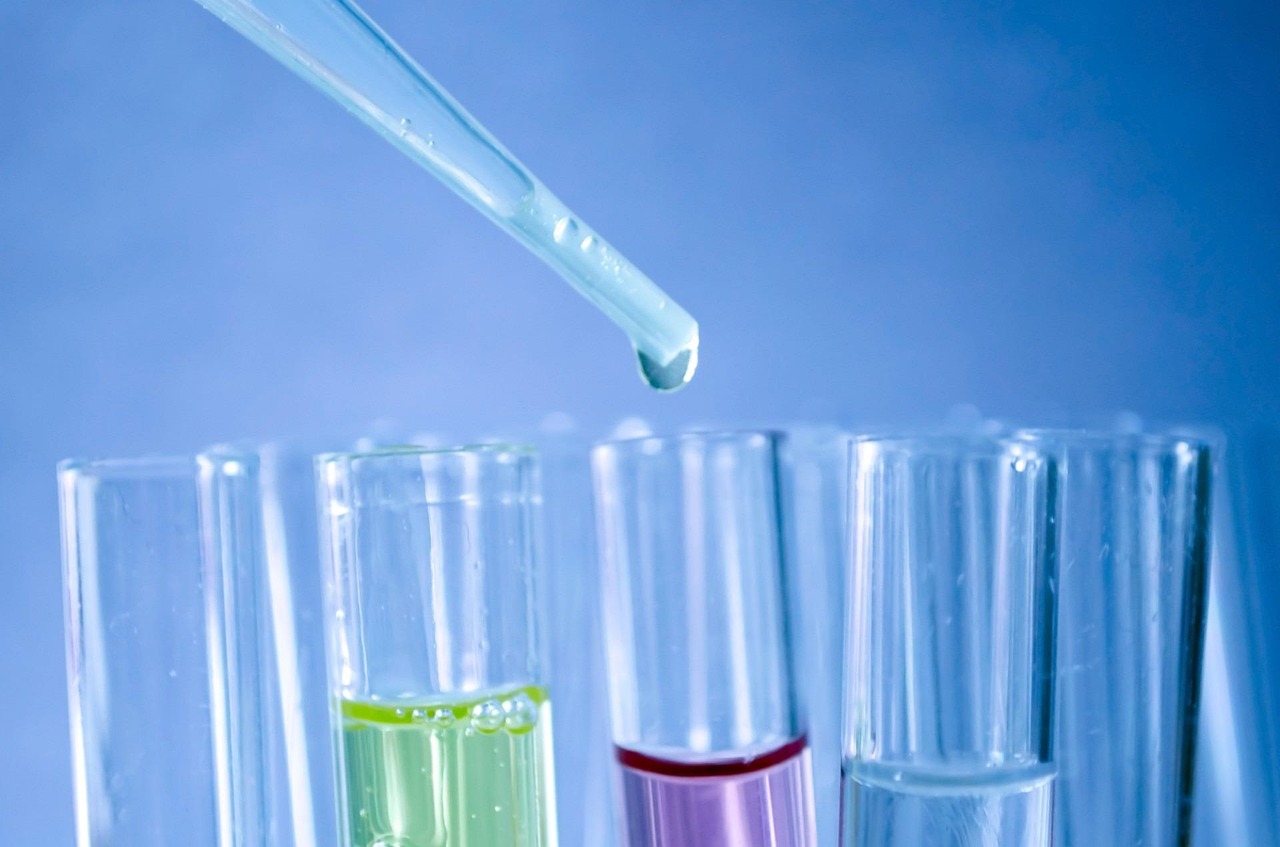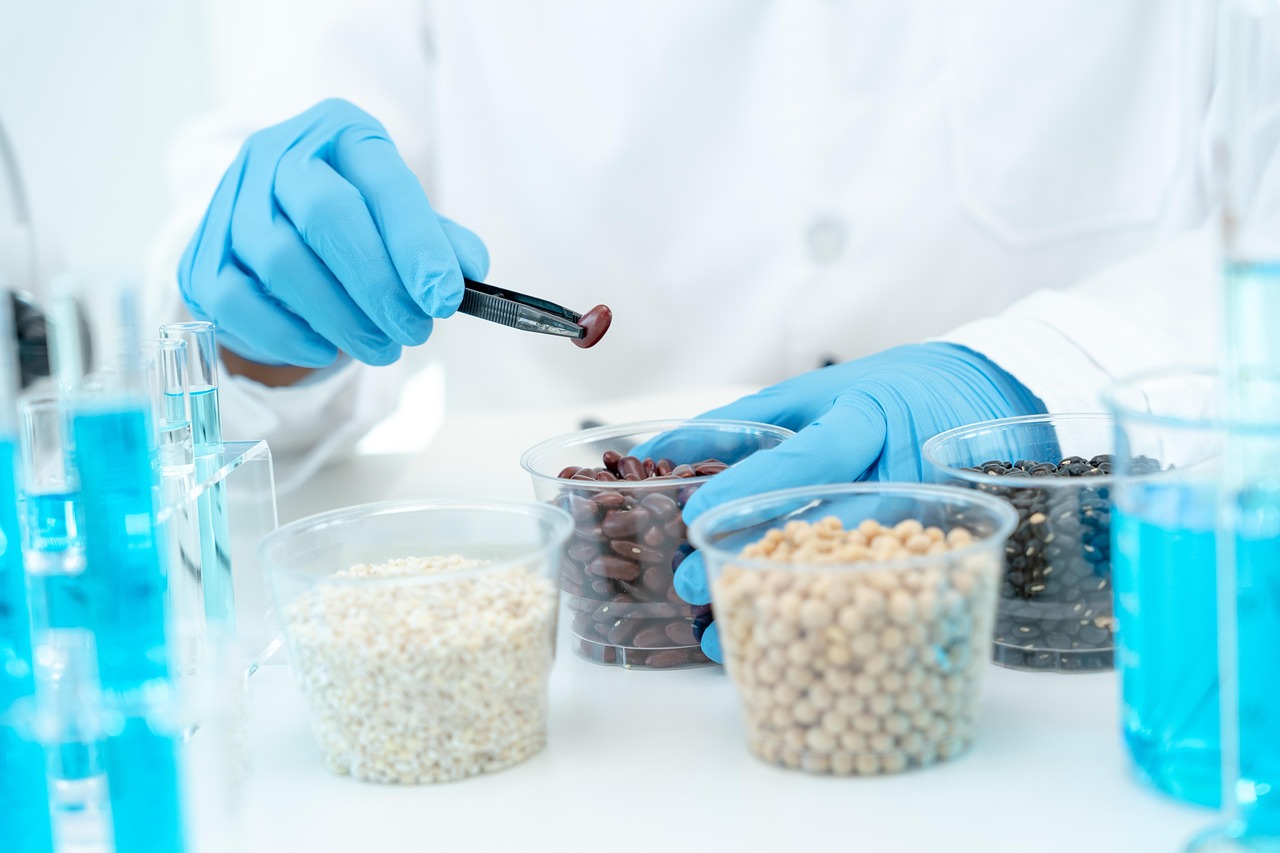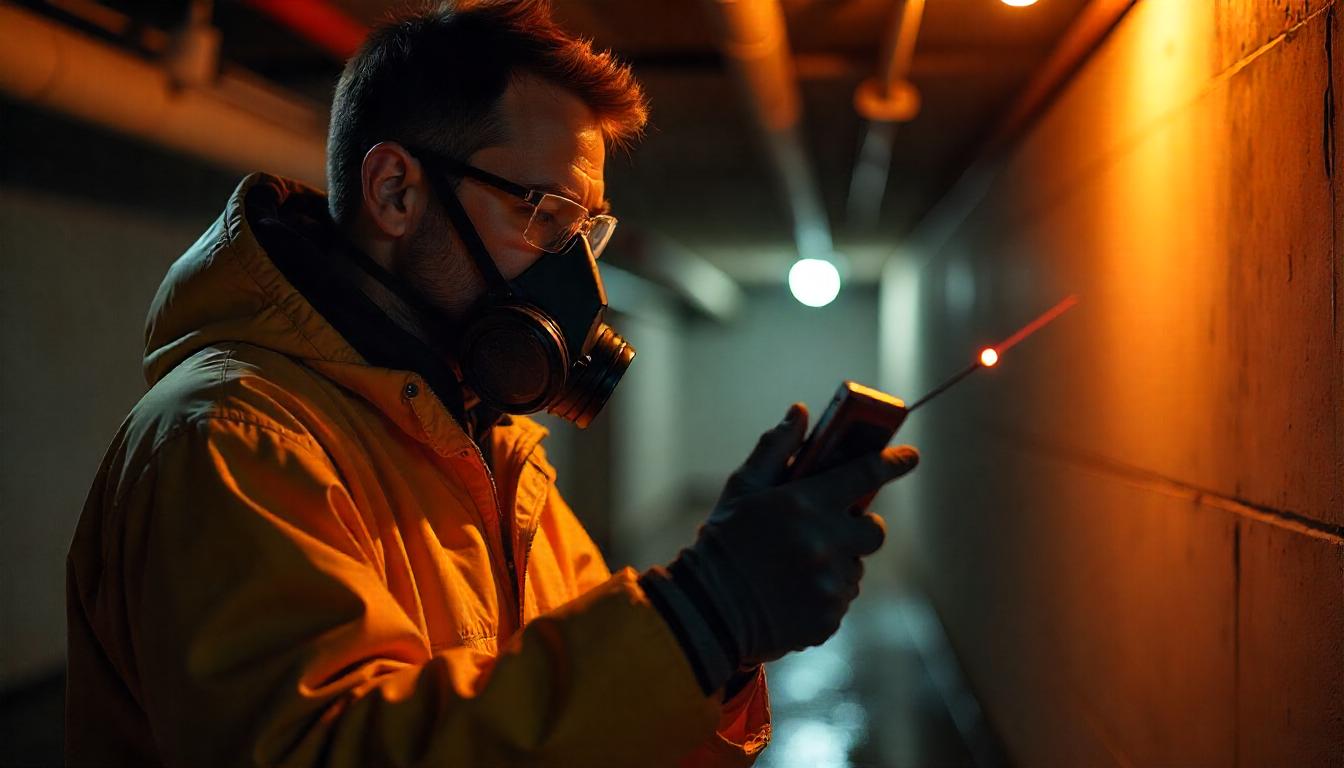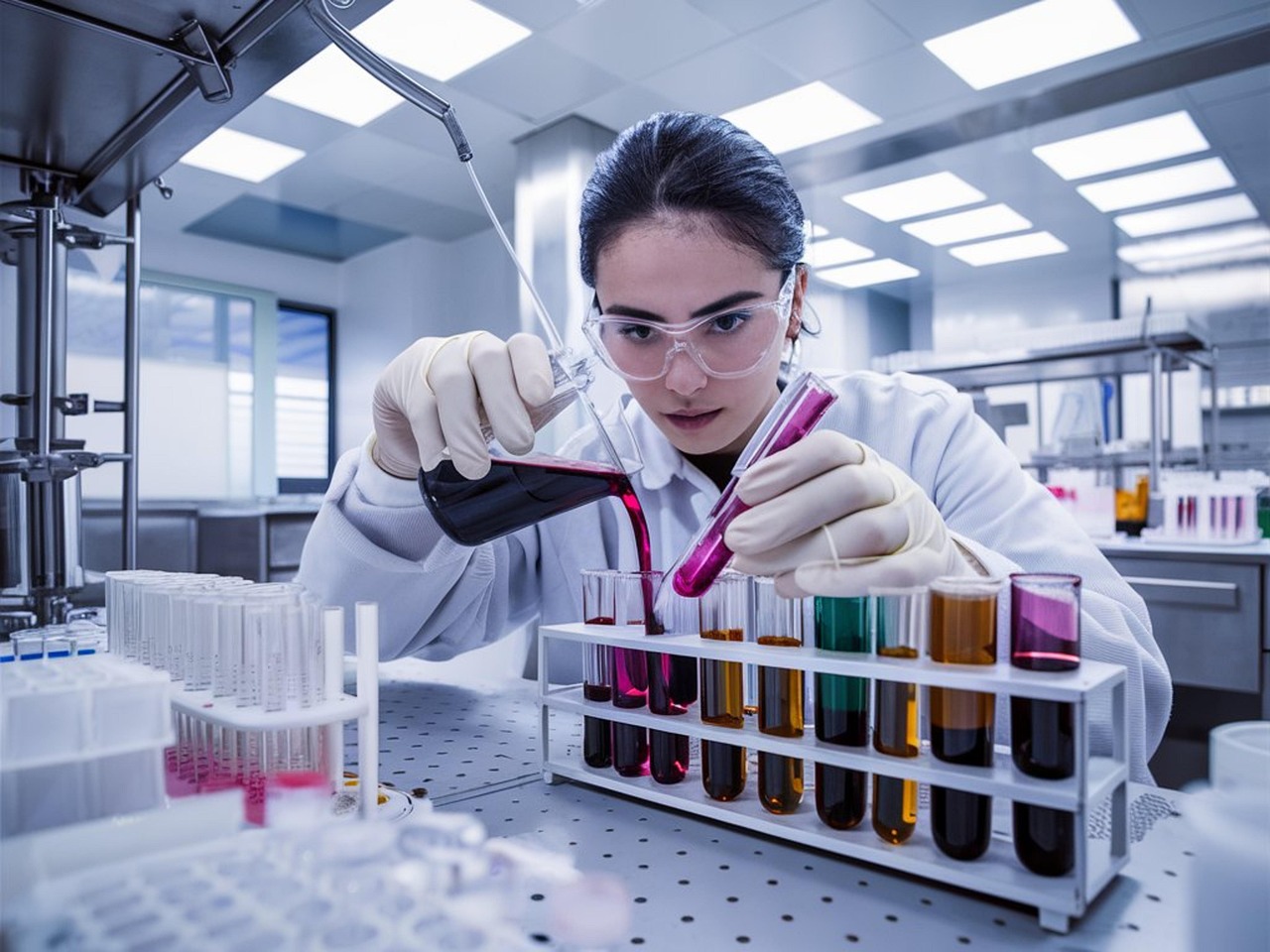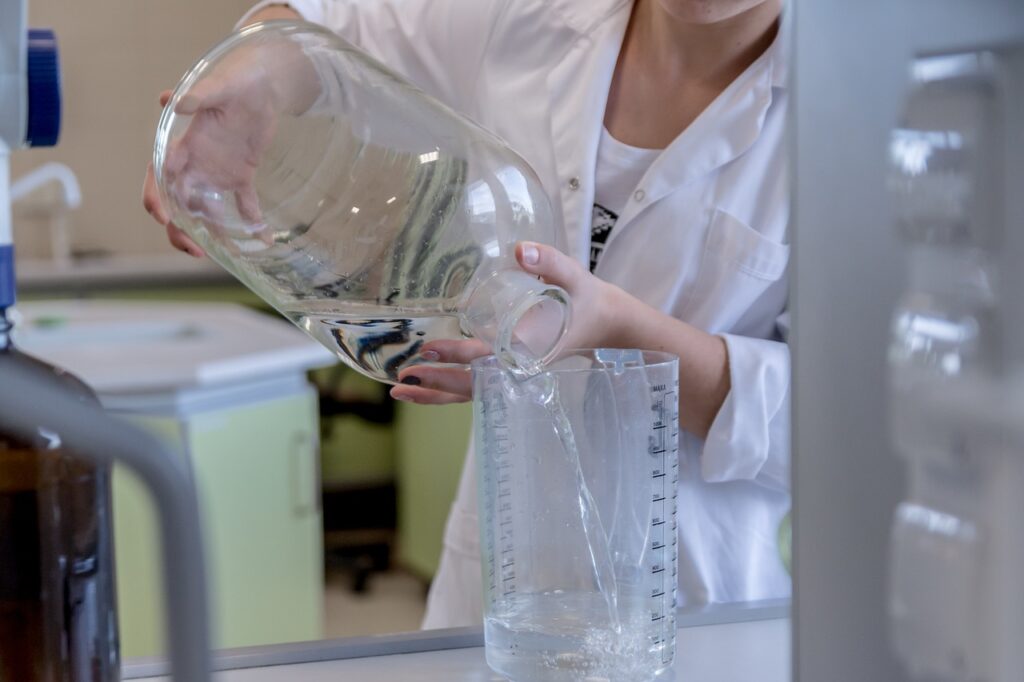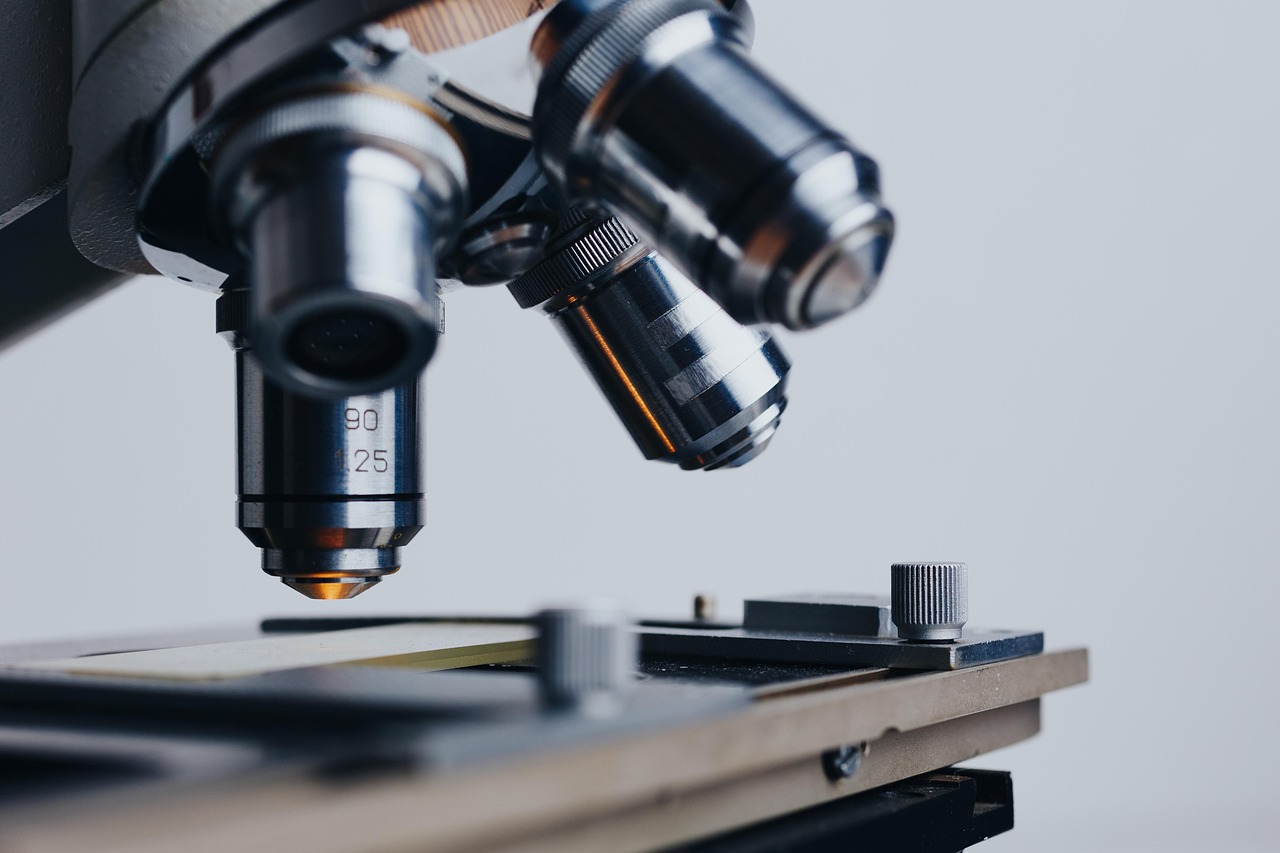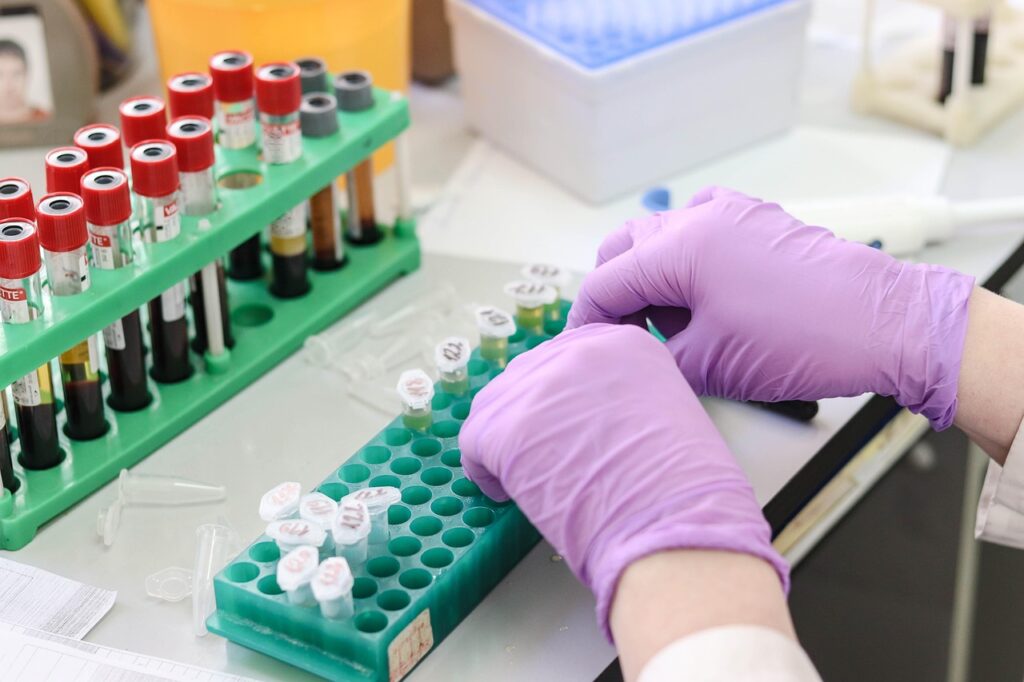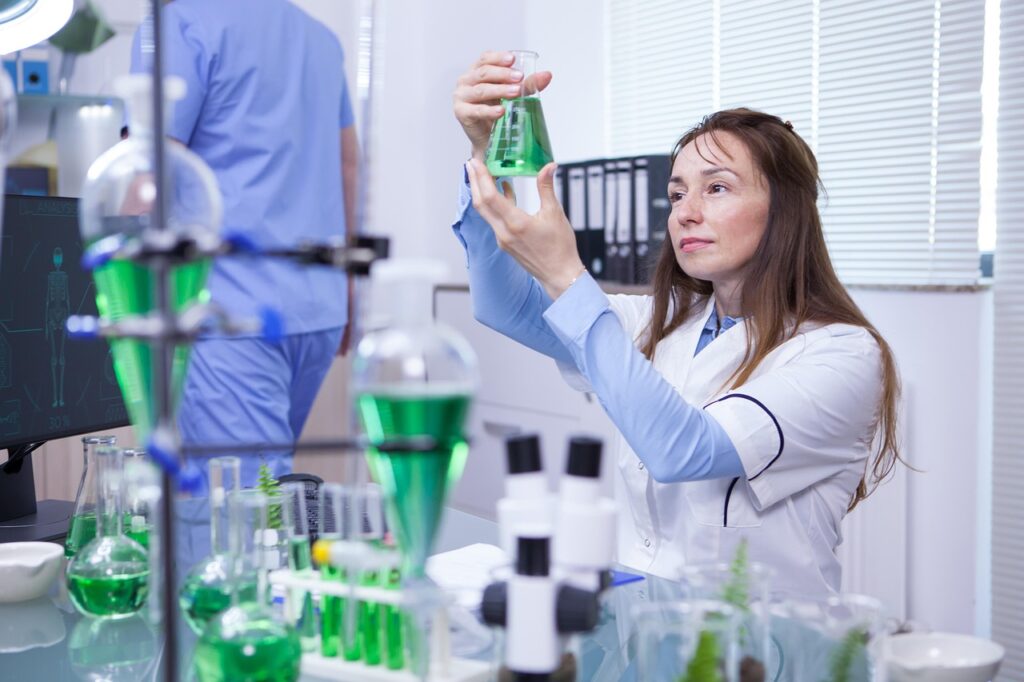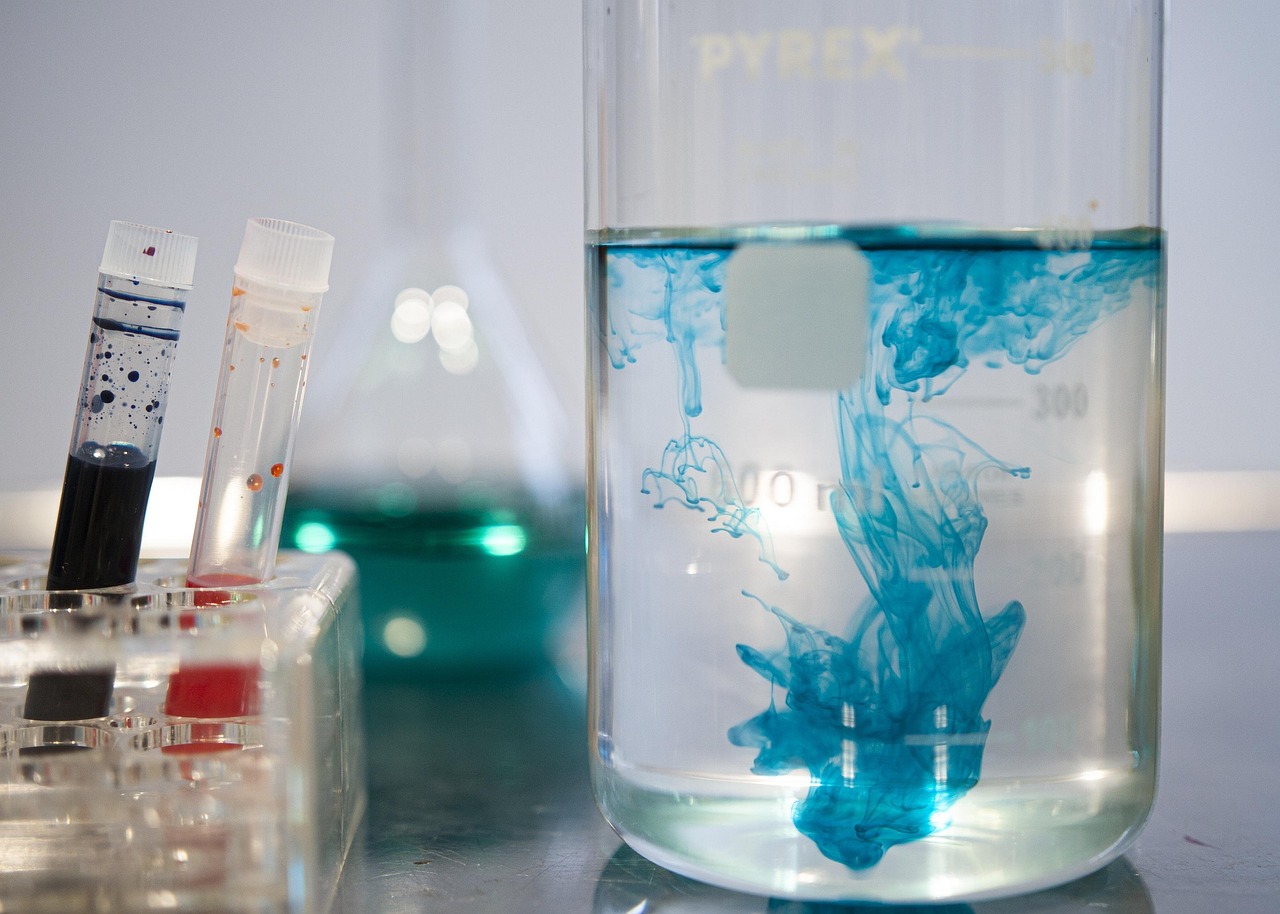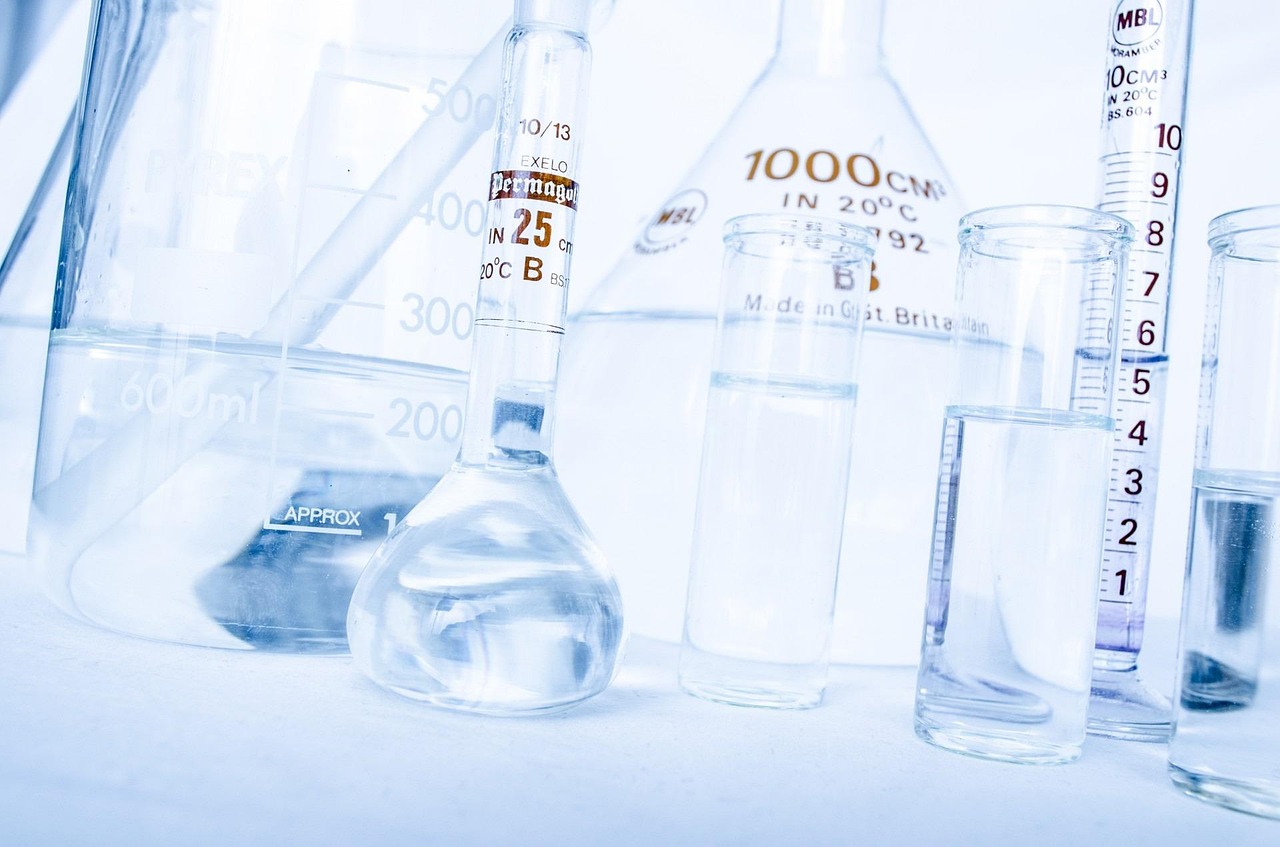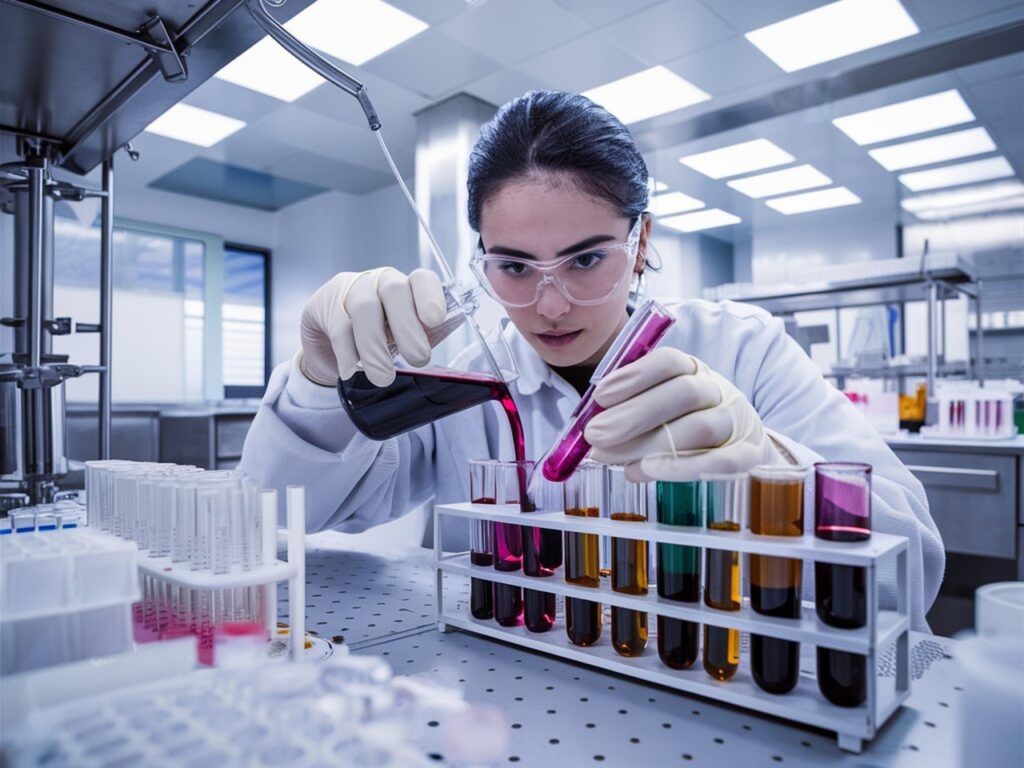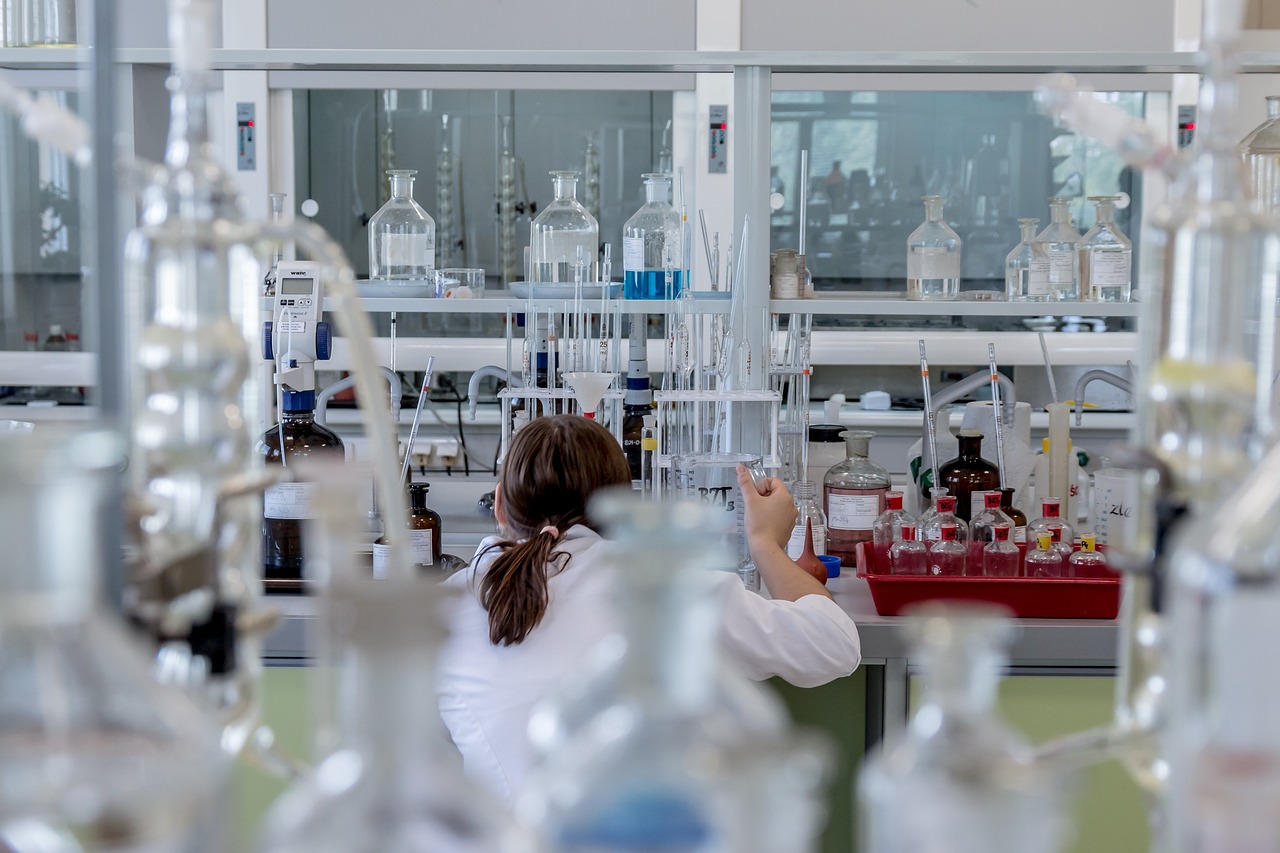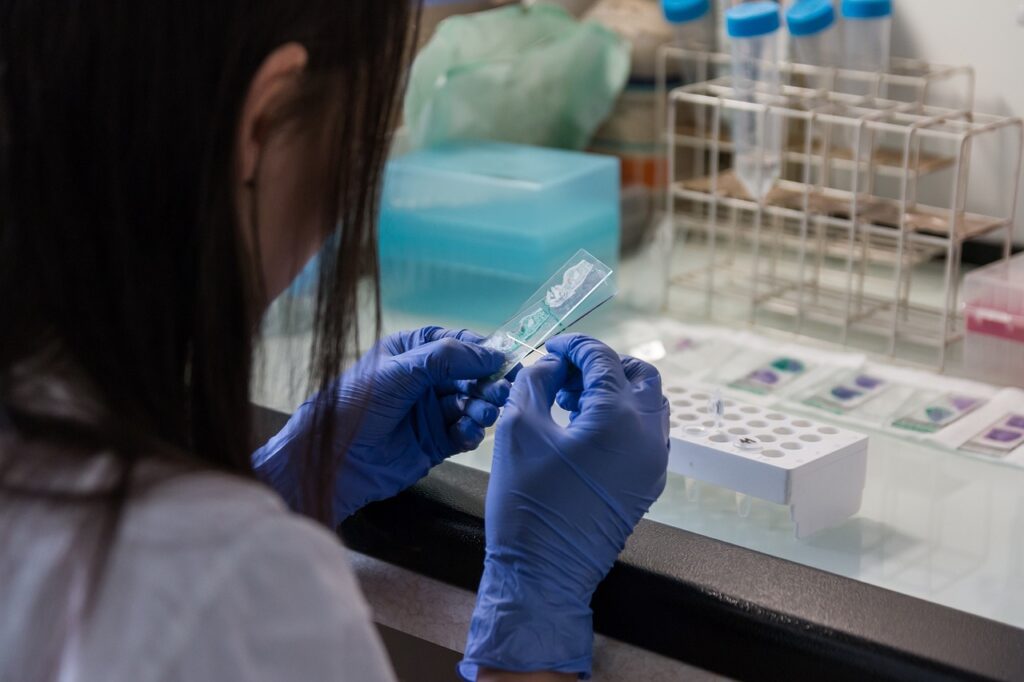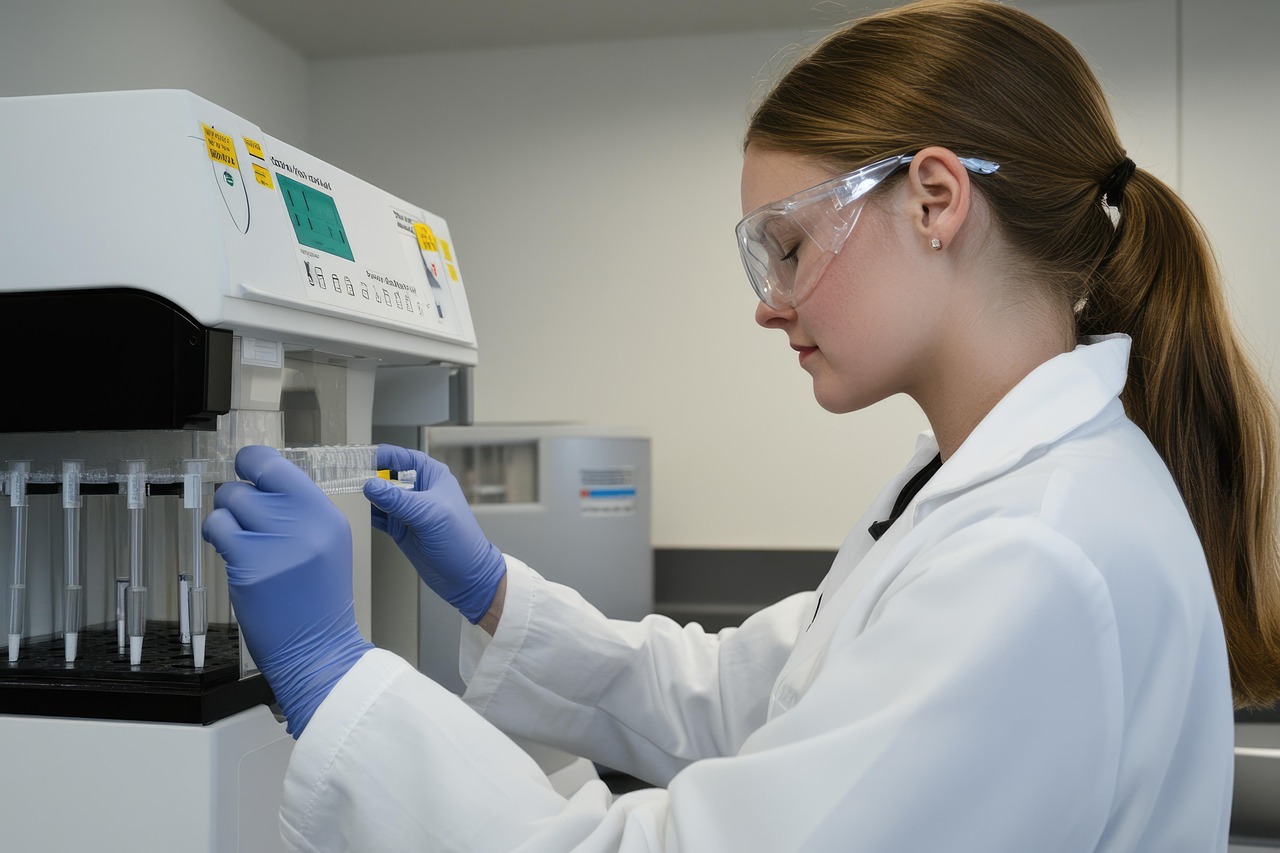A crucial element of success in the fiercely competitive and regulated corporate world of today is quality assurance. Ensuring product safety and compliance is essential whether you are in manufacturing, food, medicines, cosmetics, or agriculture. Working with a reputable quality testing lab in India is one of the best methods to ensure this.
Selecting the best lab might be difficult because there are so many throughout the nation that provide a variety of testing services. We'll go over the most important things to look for in a quality testing lab in India that fits your business objectives and legal needs in this article.
1. Understand Your Testing Requirements
Determine exactly what kind of testing your company needs before you begin your search. Is it chemical analysis, environmental monitoring, pharmaceutical validation, food safety, or water quality?
For instance:
- Food companies may need microbiological, nutritional, and shelf-life testing.
- Pharmaceutical firms require rigorous chemical and microbiological testing to comply with national and international guidelines.
- Manufacturers may need materials and product durability testing.
Shortlisting labs that provide specialized services will be made easier if you are aware of the standards and compliance needs of your sector.
2. Look for Accreditation and Certifications
Verifying the lab's NABL accreditation is one of the most crucial factors when selecting a quality testing facility in India (ISO/IEC 17025). The National Accreditation Board for Testing and Calibration Laboratories, or NABL, makes sure that the lab complies with stringent technical and quality requirements. The lab's legitimacy can also be confirmed by certifications including FDA approvals, FSSAI, BIS, MoEF, and APEDA.
In addition to guaranteeing precision and dependability, working with an accredited lab raises your brand's legitimacy in the eyes of customers and regulatory agencies.
3. Assess Technological Capabilities
A good quality testing lab should be equipped with advanced instruments and facilities such as:
- HPLC (High-Performance Liquid Chromatography)
- GC-MS (Gas Chromatography-Mass Spectrometry)
- ICP-MS (Inductively Coupled Plasma Mass Spectrometry)
- UV-Vis Spectrophotometers
- Microbiological Incubators and Autoclaves
More precise results, improved sensitivity, and quicker response times are guaranteed by modern technology. Modern facilities and constant investment in new technology are hallmarks of labs like SMS Labs, the top-quality testing lab in India.
4. Evaluate the Lab’s Experience and Expertise
When it comes to intricate testing processes, experience counts. Select a lab that has demonstrated proficiency in your sector. Inquire about:
- How many years they’ve been operational
- Major clients, they’ve worked with
- Case studies or testimonials from previous customers
- Their handling of large-scale, urgent, or export-based testing requirements
For instance, SMS Labs has established a solid reputation over the years for providing dependable, prompt, and knowledgeable services in a range of industries. Thorough testing that conforms with national and international standards is guaranteed by their staff of qualified experts.
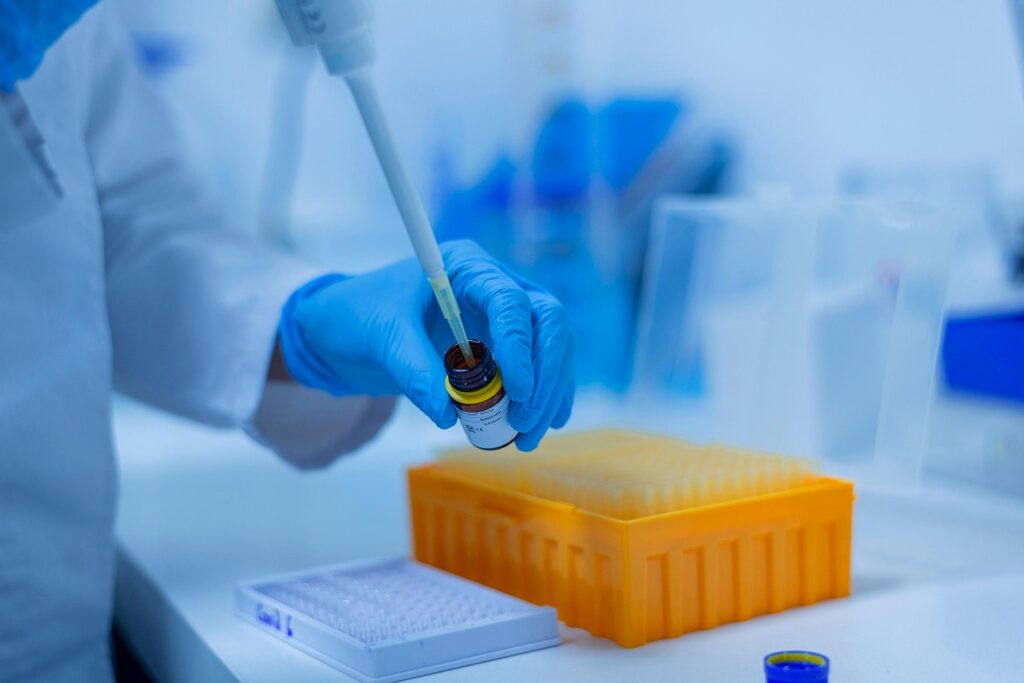
5. Check the Lab’s Turnaround Time
- Sample pickup
- Testing duration
- Reporting and documentation
The top laboratories provide quick services without sacrificing quality. The top-quality testing facility in India, SMS Labs, is renowned for its swift yet thorough testing procedure, which helps companies stay productive and prevent production delays.
6. Evaluate Customer Support and Communication
Transparency and responsiveness are qualities of an excellent testing partner. Evaluate their responsiveness to questions, the clarity with which they present test results, and their willingness to collaborate to enhance the quality of the final output.
Effective communication facilitates compliance audits and certifications and builds enduring relationships. With their committed support staff and knowledgeable consultants who walk companies through every stage of the quality assurance process, SMS Labs stands out in this respect.
7. Review Test Report Clarity and Compliance
Test reports must be clear, thoroughly documented, and compliant with industry standards. A reputable laboratory will provide:
- Clear labeling of tested parameters
- Reference to regulatory limits (e.g., FSSAI, BIS)
- Authentic signatures or stamps from qualified professionals
- Digital reports and sample tracking systems
Always ask for sample reports before finalizing a lab.
8. Consider Location and Logistics
Being close to your place of work might be advantageous, particularly if regular testing is required, even if the majority of the best testing labs in India offer nationwide sample collection. It expedites the sample-to-result cycle and lowers logistics expenses.
Customers from various areas can reach SMS Labs because of its extensive network of sample-collecting locations throughout India.
9. Compare Pricing and Value
Although price shouldn't be the only consideration, it's a good idea to compare lab prices. Seek out price plans that are clear and free of surprises. While a premium provider should give exceptional service and support to justify its price, a low-cost provider may sacrifice accuracy or reporting time.
SMS Labs is an affordable option for companies of all sizes since it provides low pricing while upholding the highest quality standards.
10. Verify Confidentiality and Data Security
Proprietary formulae and sensitive company data are frequently involved in testing. To safeguard your intellectual property, be sure the lab has stringent confidentiality agreements and data security procedures in place.
Reputable labs, such as SMS Labs, adhere to the highest data protection guidelines in the business and keep customer information private at all times.
Why SMS Labs is the Best Quality Testing Lab in India
Selecting the ideal partner for quality testing has the potential to revolutionize your company. The following factors make SMS Labs stand out as India's top-quality testing lab:
- NABL and FSSAI accreditations
- Wide range of testing services (food, water, pharma, nutraceuticals, cosmetics, environment, etc.)
- World-class infrastructure and advanced instrumentation
- Rapid turnaround times and responsive support
- Strict adherence to global testing standards
SMS Labs assists companies of all sizes, from start-ups to well-established manufacturers, in upholding compliance, enhancing product quality, and fostering client loyalty.
Final Thoughts
Choosing a trustworthy quality testing laboratory in India is a wise business move as well as a legal need. You may create a reliable alliance that raises the value of your products and establishes your company's legitimacy by giving priority to accreditation, technological prowess, turnaround time, and service quality.
SMS Labs is the best option for companies who don't want to sacrifice customer pleasure, quality, or compliance. Their proficiency and dedication to excellence make them the epitome of high-quality testing services in India.

